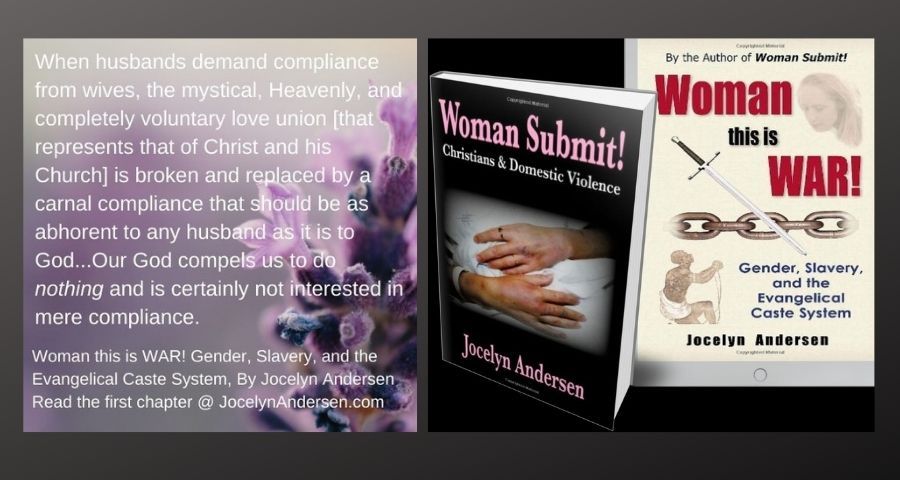Other than perhaps, the words for Father, there is no single word in Greek or Hebrew vocabularies that refers exclusively to males (if readers can find such a word, please post it in the comment section below).
Precedent and exceptions exist for each, and Thayer knew this, yet, in his Greek-English Lexicon, unapologetically explained why crowds composed of both women and men are routinely described as men.
Most people mistakenly believe it is because the word. man, is simply a generic neutral used to represent all humans. Thayer, however, set that theory to right, when he wrote in his lexicon as to why words such as the Greek [G435], aner, are always translated as men or man—even when the context does not support such a translation.
He wrote, that in the case of a mixed group of women and men, the group is always named after the more important (see footnote).
Matthew 14:35 is a prime example of Thayer's reasoning that men are intrinsically more important than women. And for that reason, he maintains that groups or crowds composed of both sexes should always be referred to as, men.
Thayer's influence is widespread, as is James Strong's, and a host other commentators who agree with them. In translating Matthew 14:35, virtually every Bible version describes the entire population of an area, as the more important, men:
And when the men (people) [1] of
that place had knowledge of him they sent out into all that country round about
and brought to him all that were diseased 36: And implored him that they
might only touch the hem of his garment and as many as touched were made
perfectly whole -HHBC
[1] This verse is an example of the Greek
word aner [G435-masculine noun],
being translated as “men” when the context demands that the word be
translated using a gender-neutral word, such as people or those. Bible
commentators and translators such as Strong and Thayer, insist the word
either refers strictly to males, or if used of a mixed crowd, references the “more
important” male, e.g. “When persons of either sex are included, but named after
the more important.” -Thayer on the word, G435 aner.
Thayer gives the example of Matthew 14:35 where the citizenship, called aner, are naturally composed of both
women and men, but since the men are more important, he claims the entire population
was called aner, which should always be translated as male. This is blatant misogyny in Bible translation. Discrimination against women, is buried
so far down into the very roots of language (both Greek and English—both of
which are androcentric languages) as to influence and deceive those who would understand
the Word of God [and God’s true heart towards both women and men], even to the present day. Bible scholars should be called into question on these things and call for an honest reassessment,
based on extensive research without the filters of tradition, be made of the
meanings of the words translated into English from the biblical languages—especially those
words effecting relationships and status. -HHBC (Hungry Hearts Bible Commentary)
Mistranslation in Bibles which have
adversely affected biblical understanding, as well as the relationships,
happiness, and effectiveness for the gospel, of men and women for aions.
Woman this is WAR! examines Bible
commentary and translation practices which have historically been androcentric
(male centered) and even misogynistic (anti-woman).
These have adversely effected
understanding of the scriptures, relations between women and men, the happiness
of men and women, and, in general, has hindered the work of the gospel, by
forbidding women to preach, pastor, or serve as elders or deacons. The book
chronicles the early history of the women's rights movements, as well as the
role of church leadership in aggressively suppressing both women's rights and
the historical record of Christian initiatives within the movements.
Through the complementarian
movement, many of the same arguments used to support the institution of
slavery, are still used today in suppressing the rights of Christian women.
This book documents identical arguments used by Christian leaders against both
movements and is an unparalleled resource for all who desire an in-depth study
of gender equality from a historical and Christian perspective.
This
book traces history of women’s rights, much further than usual, to the very
first feminists…who were Christians—godly women, who brought the issue
of women's rights to the forefront as they struggled to alleviate the suffering
of others, and found they were hindered in doing so for no other reason than
the fact of their sex. This work, provides valuable historical insight into
Christian initiatives in the movements for women’s rights, that are rarely
included in Christian literature. 


No comments:
Post a Comment